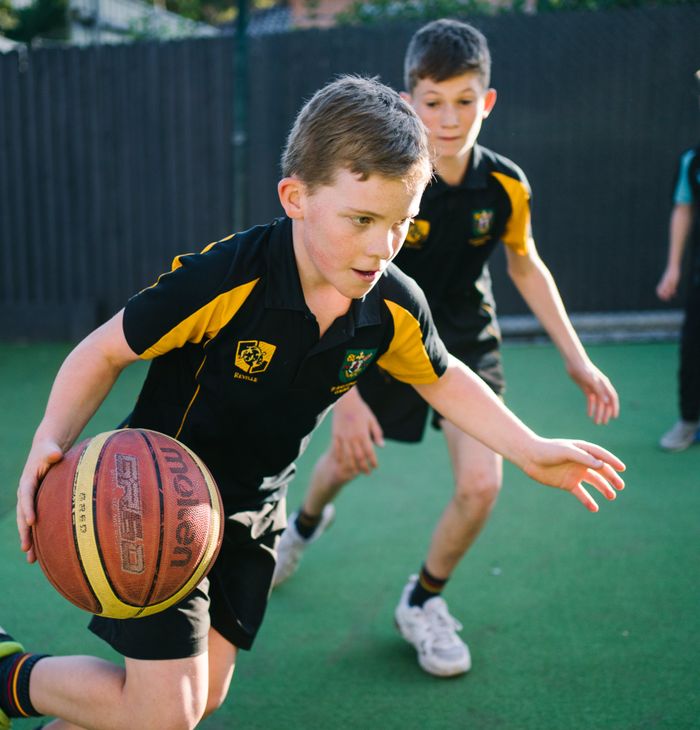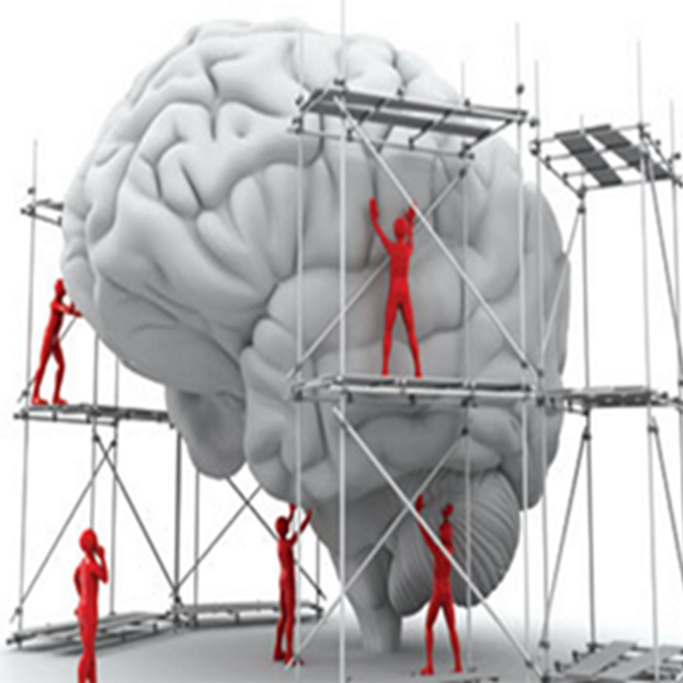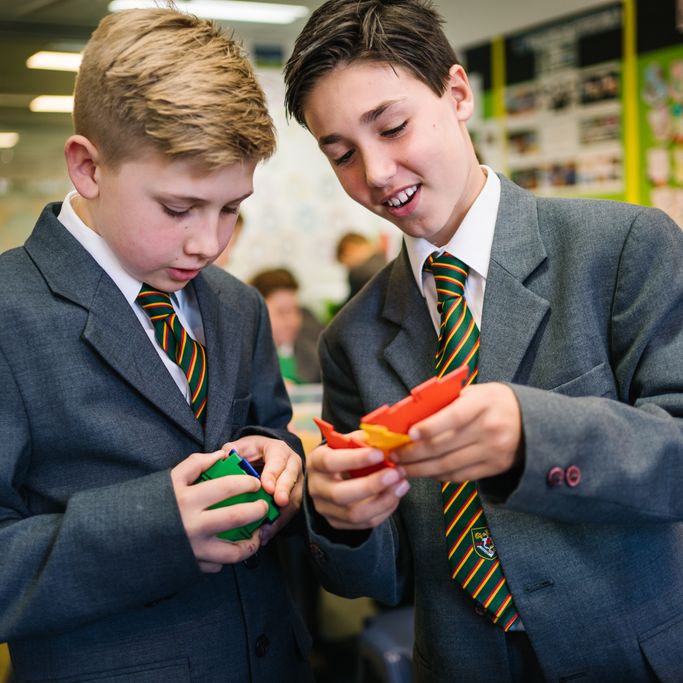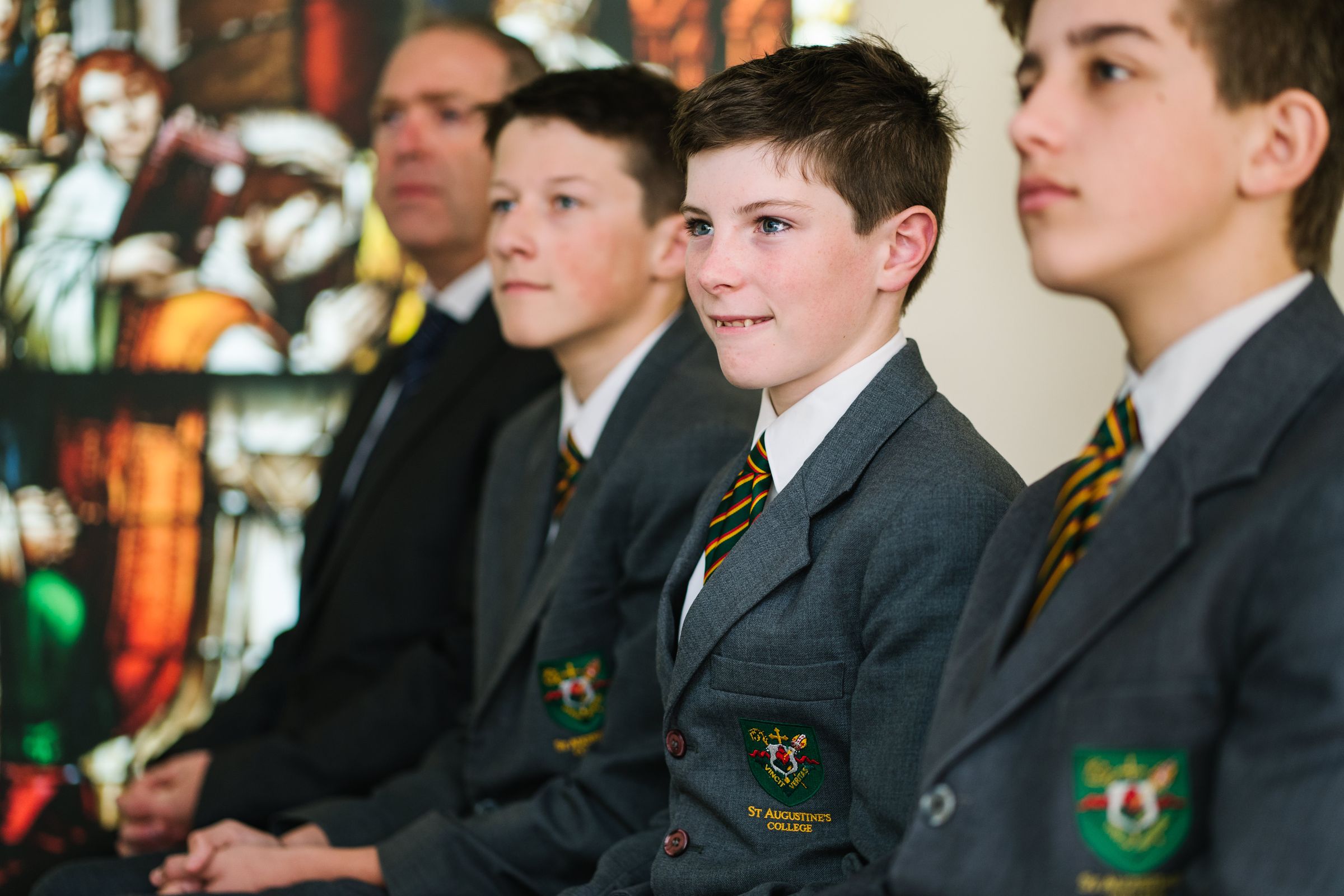We Know Boys
When your son begins his education at St Augustine's College, he is in a learning environment specifically structured to set him up for success. We use scientific research and teaching strategies to cater for the specific needs of our male students.
Male Adolescent Brain Development
Scientists have used Magnetic Resonance Imaging (MRI) to watch the rate at which the pre-frontal cortex matures, and discovered the male brain doesn't fully develop until age 27.
- The adolescent brain relies more on the amygdala rather than frontal lobes setting the stage for emotional outbursts
- The burst of growth in the frontal lobes means that adolescents overcomplicate problems, idealise the world, and say one thing while doing another
- Adolescents climb the moral ladder only as their frontal lobes develop
- Adolescents brains need more rest times during learning
- Boys are hardwired to be single-task focused whereas girls’ hardwiring demonstrates strength in multitasking
- Less oxytocin in the brain of boys leads to more aggression and playful rough-housing
- No responsibility for actions: Boys have trouble anticipating the consequences of their behaviour because they rely more on the emotional amygdala than the rational frontal lobes
- Adolescent boys require a sense of belonging. Move away from family and need to belong to a peer group/friend.
- Adolescents are more vulnerable to stress than adults.
- Adolescents experience emotions before they can verbally articulate them.
- The adolescent brain is fascinated by novelty and emotion.

Building Relationships: We know our students outside of the classroom
Boys love to collaborate and be noticed. Our teachers engage with students via co-curricular activities, conversations and chats about the weekend, to let them know we care. Connections are important to boys, as they will often choose the teacher over the subject. Our students work for our teachers and try their best because they feel known and loved, and our educators are genuinely interested in them as individual people.
We love to use humour! It builds a strong professional relationship between students and staff, develops a sense of trust, and reduces stress and tension. Our students are fun, and they need to have fun while they're learning. We build a culture where the College is an enjoyable place to learn.

Building Relationships: We structure our classrooms for success
Our teachers begin each lesson with fresh positivity, valuing each boy as an individual and forgetting past mistakes. Boys can and will move on when given the opportunity. This strengthens mutual respect in the long term.
Our teaching styles encourage a kinaesthetic learning modality to support boys' natural physical needs to move, stretch, and walk, to help them stay engaged and focused.
We use the same principles as computer game designers to captivate the engagement and motivation of boys: healthy competition, quickfire quizzes, and making success more probable than failure. The most motivating games allow players to succeed about 80% of the time initially, before building up to 100% to move to the next level. Developing a growth mindset is explicitly taught to our students throughout their educational journey at the College.
We develop a culture of trust, so that our students presume the educational journey we are taking them on is worthwhile. Our staff give of themselves generously, showing students they are human, sharing aspects of their lives and being authentic.
“Don’t keep yourself for yourself. Share ideas, thoughts, attitudes, feelings, character, faith, share your material possessions as a symbol of sharing yourself. Make yourself available to others.”Saint Augustine

Boy-friendly Learning at the College
- Brain break activities are utilised when students lose concentration, and opportunities for kinaesthetic learning.
- Minimising "talking at" with 80% of time on task and only 20% teacher talk. Providing clear, short instructions with clear timelines.
- Making learning intentions visible and referring to throughout the lesson, so that our students know the purpose and direction of their learning.
- Creating success for each learner by differentiating tasks and using success criteria rubrics.
- Giving positive reinforcement and feedback, and valuing students' thoughts and ideas.
- Providing boys with the structure, organisation and boundaries they crave. Our job is to set the boundaries, and their job is to push them!
- Creating exciting topics and giving boys autonomy over their learning. Once they have some ownership or interest in a subject, they will do wonders.
Teaching Standards
Our teaching and learning strategies for boys' education align with the Australian Professional Standards for Teachers. The seven Standards listed below identify what is expected of teachers:
- Know students and how they learn
- Know the content and how to teach it
- Plan for and implement effective teaching and learning
- Create and maintain supportive and safe learning environments
- Assess, provide feedback and report on student learning
- Engage in professional learning
- Engage professionally with colleagues, parents/carers and the community.
Positive relationships between our students are essential, and are developed through a culture of mutual respect, modelled and taught by our teachers.
Teachers who create positive teacher-student relationships are more likely to have above average effect on student achievement. We are incredibly proud of our teachers and their commitment to building positive relationships in their classrooms and throughout our College.

St Augustine's College is a proud member of the International Boys' Schools Coalition, a nonprofit organization of schools dedicated to the education and development of boys worldwide.




